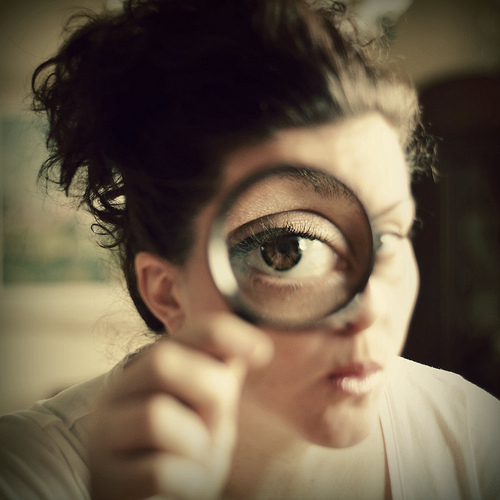The end of a school year always prompts reflection. After collapsing exhausted on Canada Day to recover from the whirlwind of June, educators take a few deep breaths and think about their year. That reflection takes different forms. It can be mulling over how your class did as you sip a morning coffee on the balcony, or wondering what you could improve in your approach to inquiry as you walk the 17th fairway, or seeing your teaching approaches through a new lens by reading that educational title that was on your nightstand for ages.
My reflection is focussed on two questions:
Am I getting better?
How do I know?
Steven Katz, psychologist, teacher and researcher, uses these questions as a basis to measure all improvement, whether as a whole school or as individual leaders and educators. They are simple yet powerful. Where can you look to know if you are really getting better?
This year, I focussed on two areas for my own growth and improvement as a leader. It almost goes without saying that I have many more areas to improve, but I kept in mind that we can only do a couple of things well.
First, I wanted to create a space in principal learning teams and school visits where there could be open and trusting dialogue about school improvement. I also wanted to work on my listening to understand people’s perspectives and experiences (in the interest of full disclosure, this is something I feel like I always need to improve).
These are some pretty nice goals, don’t you think? And that’s really where it stops, unless I have some way of knowing if I’m getting better. One component is my own observations. I see some progress in learning teams with principals and vice principals as they lay out what they are struggling with and hoping to learn about. I watch as some principals ask questions during school visits or push back. I try to be honest and transparent, but I’m not really sure if I’m perceived that way. But these impressions aren’t enough.
Shakil Choudhury has shared that the most important leadership quality is self awareness. We get there through brutal self-honesty and feedback from others. I’ll start by gathering feedback from those I work with through a series of questions:
What does open and trusting dialogue mean to you?
Do you feel the principal learning team time and the structure of the school visit is useful for creating that dialogue?
What can I do to improve the conditions for this dialogue to exist?
What are my strengths as a listener?
What do I need to improve as a listener?
I’ll be back with an update. Here I go!


Leave a Reply